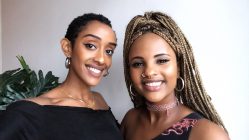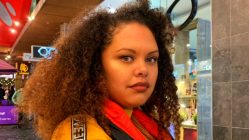Music is an expression of identity – that identity may be personal but it can also be group based identity. In the act of sharing music we often share emotions and identity with a diverse group though this group in not represented in key positions of influence in the music industry. There has been a lot of dialogue over the past few years about the lack of diversity in the music industry and tackling the problem at recruitment stage is one measure businesses can take to ensure future generations of leaders in the music business don’t all look the same.
From the recent protest letters from women working in the Australian music industries condemning discrimination and harassment to the ‘step up’ storm currently engulfing Grammys organisers, diversity is a major topic for the music industry in 2018. The term ‘step up’ covers a number of related issues, from harassment to equal opportunities to enter and advance up the industry for women, people of colour and other groups.

So how well are music companies tackling these challenges, and how can they improve?
“There is a lot of chat in this area of diversity and inclusion, and not a lot of change. Because fundamentally what we’re trying to do is to get people to change their behaviour to be inclusive, and then to make measurable change, because this is very hard to track.”
There is a really strong business case for this. 83% of millennials are more actively engaged when they believe their company fosters an inclusive culture, noting that in 10 years, this demographic are expected to account for 75% of the workforce. Gender-diverse companies are 15% more likely to outperform their peers. Yet even this hasn’t fuelled change as fast as might have been expected. Diversity and inclusion are a huge opportunity for our industry” at a time when true gender-equity parity still seems centuries away, and when movements like #MeToo are highlighting historic and current harassment.







